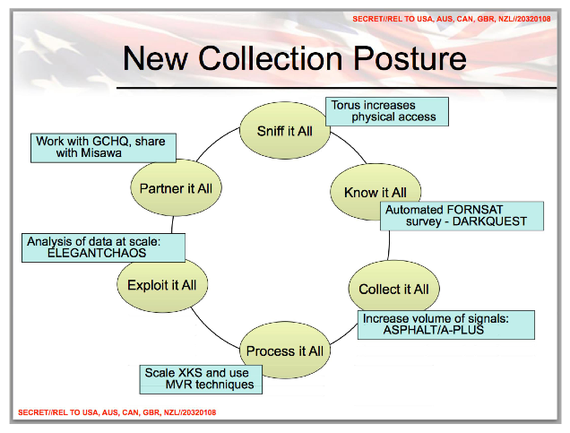Kevin Williamson responds to Michael Lind’s recent hit piece on Bryan Caplan:
Mr. Lind’s piece contains no analysis. Like a great deal of what currently passes for commentary, it is mostly a half-organized swarm of insults out of which emerges the occasional tendentious misstatement of Professor Caplan’s views and those of the libertarian thinkers with whom he is sometimes associated. Mr. Lind begins by bemoaning our alleged national descent into plutocracy and writes: “Some on the libertarian right have responded to this research by welcoming our new plutocratic overlords. Among these is Bryan Caplan.” Professor Caplan, author of The Myth of the Rational Voter, is a trenchant critic of electoral decision-making. Voters, he argues, suffer from specific, predictable biases — anti-market bias, anti-foreign bias, make-work bias, and pessimistic bias — that causes them to hold, and act on, untrue beliefs about the way the world works. Being an economist, Professor Caplan focuses on what voters believe about economics vs. what professional economists believe. He characterizes the typical American voter as a moderate national socialist who strongly supports state intervention in many areas, and remarks, “Given public opinion, the policies of First World democracies are surprisingly libertarian.”
There is a great deal of agreement among the poor, the middle class, and the rich on most political issues, but the rich are significantly more libertarian than are the poor. As Professor Caplan notes, the wealthy and the poor both support raising the minimum wage, but the poor much more strongly so. You might think that that is a question of narrow self-interest, but self-interest, counterintuitively, has little effect on public opinion. And the rich are more libertarian than the poor not only on economic issues but also on social issues. The poor are “much more anti-gay,” Professor Caplan writes. “They’re much less opposed to restricting free speech to fight terrorism.” On the relatively few issues on which there is strong disagreement between the poor and the rich, the preferences of the rich have tended to prevail, and that pleases Professor Caplan, because that means that more libertarian policies are put into place than public opinion would suggest. “To avoid misinterpretation,” he writes, “this does not mean that American democracy has a strong tendency to supply the policies that most materially benefit the rich. It doesn’t.” But there is no avoiding misinterpretation when the opposite side is committed to misinterpreting you. Professor Caplan celebrates the advance of gay rights, pushback against the surveillance state, and, regrettably (especially for the author of Selfish Reasons to Have More Kids), abortion rights, among other items on the progressive social agenda. Mr. Lind sees only a champion of plutocracy — because that is all he is inclined to see.
Mr. Lind, who shares with fellow former conservative David Brock the convert’s zeal, is something of a fanatic on the subject of libertarianism, and the bulk of his piece is dedicated to abominating every libertarian thinker he’s ever heard of, making the case that the abominable Professor Caplan should fit right in. He starts with the predictable home-run swing (“you might be tempted to dismiss Bryan Caplan as just another Koch-funded libertarian hack …” and follows up with “Koch-subsidized intelligentsia of the libertarian right,” “almost all of them are paid, directly or indirectly, by a handful of angry, arrogant rich guys,” “third-rate minds like Peter Thiel”), goes right into the shallow insults (“that near-oxymoron, libertarian thought”), and then proceeds to the greatest hits: “Ludwig von Mises praised Mussolini,” “Friedrich von Hayek” [NB: The Hayek family ceased being the “von Hayek” family in 1919, when Hayek was twelve, and he did not use the honorific himself, but that “von” sounds kind of Nazi-ish, so, there you have it] admired the military dictator Augusto Pinochet,” and closes out with moral preening: “Our squalid age of plutocratic democracy has found a thinker worthy of it.”




